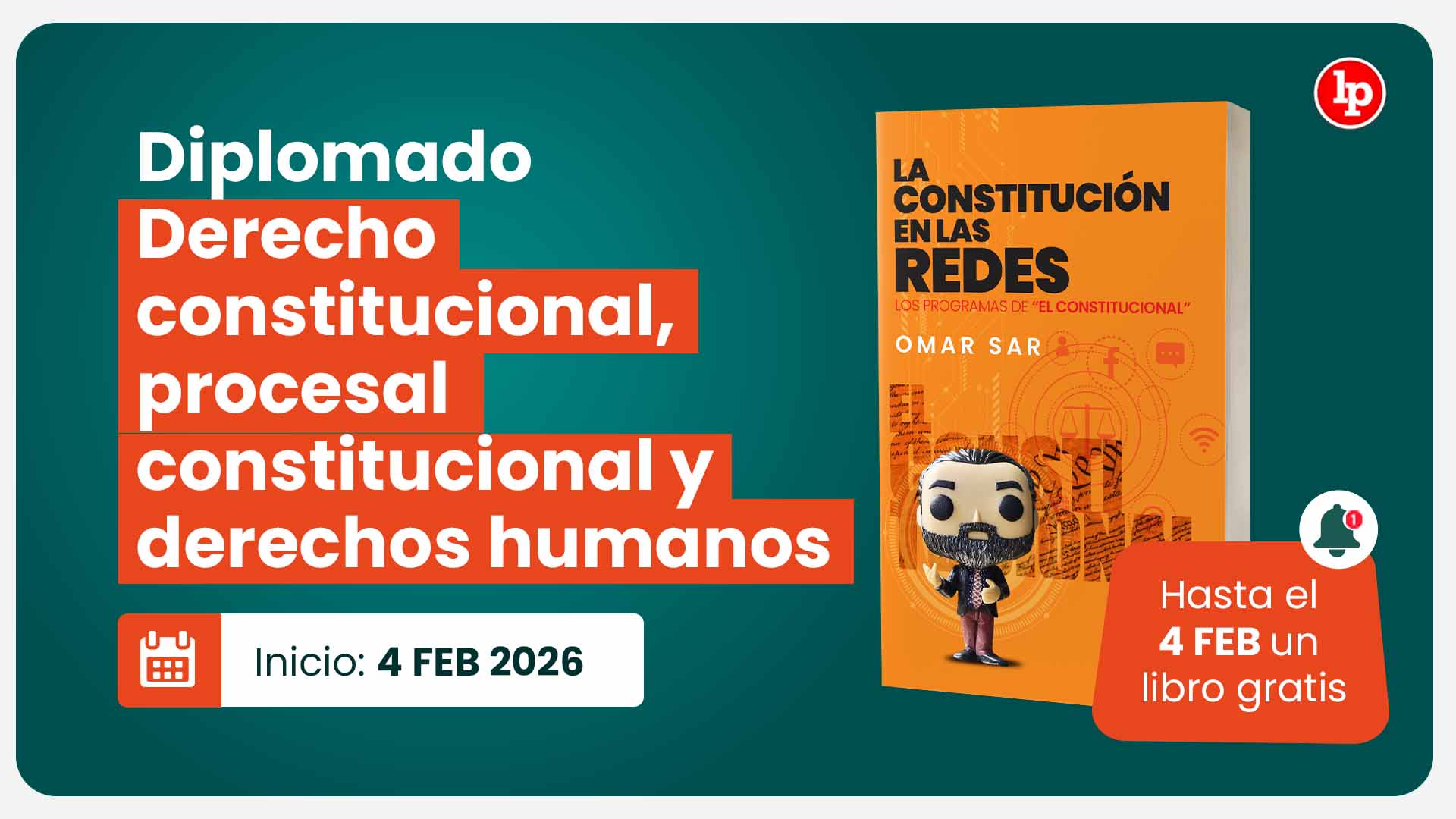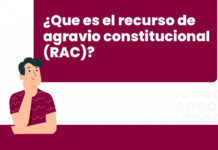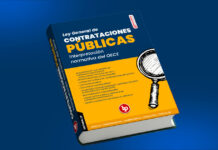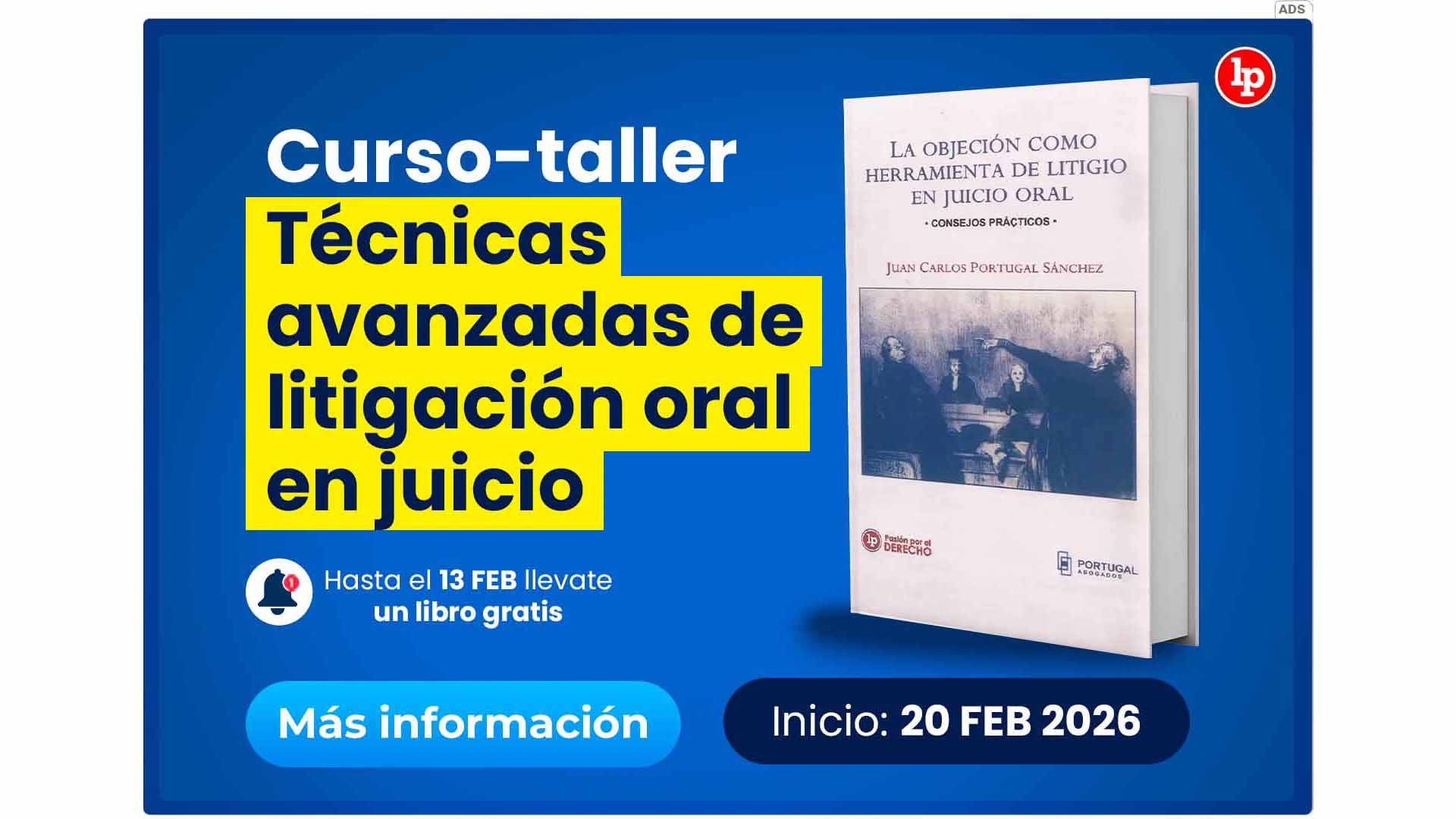Fundamento destacado: 35. Una injerencia en el derecho de propiedad no solo debe perseguir, tanto en los hechos como en principio, un fin legítimo de interés general, sino que también debe existir una relación razonable de proporcionalidad entre los medios empleados y el fin que se pretende alcanzar con cualquier medida aplicada por el Estado, incluidas las medidas diseñadas para controlar el uso de la propiedad individual. Este requisito se expresa en la noción de un equilibrio justo entre las exigencias del interés general de la comunidad y las exigencias de la protección de los derechos fundamentales de la persona (Hutten-Czapska c. Polonia [GC], n.º 35014/97, § 167, CEDH 2006 – VIII).
[Traducción de LP]
35. Not only must an interference with the right of property pursue, on the facts as well as in principle, a “legitimate aim” in the “general interest”, but there must also be a reasonable relation of proportionality between the means employed and the aim sought to be realised by any measures applied by the State, including measures designed to control the use of the individual’s property. That requirement is expressed by the notion of a “fair balance” that must be struck between the demands of the general interest of the community and the requirements of the protection of the individual’s fundamental rights (Hutten-Czapska v. Poland [GC], no. 35014/97, § 167, ECHR 2006-VIII).
[Idioma original]
CASE OF WYSZYŃSKI v. POLAND
(Application no. 66/12)
In the case of Wyszyński v. Poland,
The European Court of Human Rights (First Section), sitting as a Chamber composed of:
Marko Bošnjak, President,
Péter Paczolay,
Krzysztof Wojtyczek,
Alena Poláčková,
Erik Wennerström,
Raffaele Sabato,
Davor Derenčinović, judges,
and Liv Tigerstedt, Deputy Section Registrar,
Having regard to: the application (no. 66/12) against the Republic of Poland lodged with the Court under Article 34 of the Convention for the Protection of Human Rights and Fundamental Freedoms (“the Convention”) by a Polish national, Mr Antoni Wyszyński (“the applicant”), on 29 December 2011; the decision to give notice to the Polish Government (“the Government”) of the complaint concerning Article 1 of Protocol No. 1 and to declare inadmissible the remainder of the application; the parties’ observations; Having deliberated in private on 1 March 2022, Delivers the following judgment, which was adopted on that date:
INTRODUCTION
1. The case concerns the domestic authorities’ refusal to grant the applicant compensation for a tenant who had occupied his flat without a valid legal title, which the applicant claimed amounted to interference with his right to peaceful enjoyment of his possessions under Article 1 of Protocol No. 1 to the Convention.
THE FACTS
2. The applicant was born in 1946 and lives in Poznań. He was represented by Mr A. Zielonacki, a lawyer practising in Poznań.
3. The Government were represented by their Agent, Ms J. Chrzanowska, and subsequently by Mr J. Sobczak, of the Ministry of Foreign Affairs.
4. The facts of the case may be summarised as follows.
I. BACKGROUND TO THE CASE
5. The applicant is the owner of several flats situated in the same building in Poznań. The present case concerns one of the flats, no. 11.
6. The flat had been occupied by a tenant, R.S., who, for several years failed to pay the rent and service charges.
[Continúa…]
![El tribunal superior debe pronunciarse sobre la reparación civil, confirmando, modificando o revocando dicho extremo, aun cuando haya absuelto a los procesados [Casación 767-2025, Puno, ff. jj. 9-10]](https://img.lpderecho.pe/wp-content/uploads/2025/07/JUEZA-MAZO-LPDERECHO-218x150.jpg)
![Es innecesario que las actividades ilícitas previas se encuentren sometidas a investigación o a proceso judicial, o que exista una sentencia condenatoria; basta con acreditar que el agente penal conocía o pudo presumir dicha actividad criminal [Casación 2092-2022, Arequipa, f. j. 14]](https://img.lpderecho.pe/wp-content/uploads/2025/07/JUEZ-FIRMANDO-DOCUMENTO-LPDERECHO-218x150.jpg)
![Hay robo con subsecuente muerte cuando la muerte resulta de la violencia empleada para consumar el apoderamiento o vencer la resistencia, mientras que hay homicidio para facilitar u ocultar otro delito cuando se mata con el propósito de facilitar su comisión o asegurar la impunidad [Casación 996-2022, Sullana, f. j. 11]](https://img.lpderecho.pe/wp-content/uploads/2025/10/MAZO-ABOGADO-JUEZ-LPDERECHO-218x150.jpg)
![Actos contra el pudor: Juez debe analizar el grado de acercamiento del padre con la menor víctima para determinar si pudo existir injerencia en la declaración exculpatoria [Casación 2284-2022, Selva Central, f. j. 15]](https://img.lpderecho.pe/wp-content/uploads/2025/10/MAZO-JUEZ-SENTENCIA-PENAL-LPDERECHO-218x150.jpg)

![Ley Orgánica del Registro Nacional de Identificación y Estado Civil (Ley 26497) [actualizada 2025]](https://img.lpderecho.pe/wp-content/uploads/2025/05/Ley-organica-del-registro-nacional-de-identificacion-y-estado-civil1-LPDERECHO-218x150.jpg)











![[Balotario notarial] Gestión documental notarial: protocolo notarial, registros notariales, traslados instrumentales (testimonios, partes, boletas y copias)](https://img.lpderecho.pe/wp-content/uploads/2025/09/PROTOCOLO-REGISTRO-GESTION-LPDERECHO-218x150.jpg)
![EsSalud y médico deberán indemnizar por daño moral (S/550 000) y por daño psíquico (S/150 000), generados a una mujer tras el fallecimiento de su bebé no nato a causa de no practicarle una cesárea de emergencia pese a embarazo de alto riesgo; así, la magnitud de esta muerte, el intento de culpar al bebé y a la madre, y los años de medicación por depresión, justifican ambas cifras [Exp. 02483-2019-0]](https://img.lpderecho.pe/wp-content/uploads/2023/03/embarazada-mujer-medico-chequeo-bebe-salud-LPDerecho-218x150.jpg)
![La posesión no se transmite por herencia: hijo que recibió de sus padres, vía anticipo de legítima, la posesión del bien inmueble a usucapir, no puede adicionar a su plazo posesorio el de sus padres, porque el actor durante el tiempo que vivió con sus padres (transferentes) tenía la condición de poseedor inmediato, mientras que sus padres eran poseedores mediatos [Casación 80-2023, Ayacucho]](https://img.lpderecho.pe/wp-content/uploads/2024/04/propiedad-mazo-civil-inmueble-casa-vivienda-mazo-familia-predio-llave-posecion-juez-LPDerecho-218x150.jpg)
![¿Qué ocurre si una entidad no entrega la información solicitada por el portal de transparencia o no responde dentro del plazo legal? [Informe Técnico 002766-2025-Servir-GPGSC]](https://img.lpderecho.pe/wp-content/uploads/2025/03/SERVIR-LPDERECHO-218x150.jpg)


![¿Es legalmente viable que la entidad obligue a un servidor civil a laborar en horarios y días no habituales (como feriados o días no laborables) sin que dicha condición haya sido comunicada previamente? [Informe Técnico 00500-2015-Servir-GPGSC]](https://img.lpderecho.pe/wp-content/uploads/2022/12/trabajo-remoto-documento-servir-LPDerecho-218x150.png)
![Rechazan liberar a su hábitat natural al Zorro Run Run o su reinserción a un «área de manejo de fauna silvestre en libertad» hasta nueva evaluación [Exp. 04921-2021-0]](https://img.lpderecho.pe/wp-content/uploads/2024/07/Justicia-peruana-reconoce-por-primera-vez-derechos-de-un-animal-sentencia-se-dictoa-favor-del-reconocido-zorro-RUN-RUN-LPDERECHO-218x150.jpg)






![Ley de Delitos Informáticos (Ley 30096) [actualizada]](https://img.lpderecho.pe/wp-content/uploads/2024/08/ley-de-delitos-informaticos-ley-30096-actualizada-LPDERECHO-218x150.jpg)
![Código Civil peruano [actualizado 2026]](https://img.lpderecho.pe/wp-content/uploads/2024/05/VENTA-OFICIAL-CODIGO-CIVIL-2024-LPDERECHO-218x150.jpg)
![Código Procesal Penal peruano [actualizado 2026]](https://img.lpderecho.pe/wp-content/uploads/2024/02/VENTA-CODIGO-PENAL-BANNER-POST-TAPA-DURA-LPDERECHO-218x150.jpg)
![Código Penal peruano [actualizado 2026]](https://img.lpderecho.pe/wp-content/uploads/2024/05/VENTA-CODIGO-PENAL-LPDERECHO-218x150.jpg)







![[VÍDEO] ¿Quieres postular a la Fiscalía? Estas son las preguntas que hacen en las entrevistas](https://img.lpderecho.pe/wp-content/uploads/2021/10/postular-fiscalia-preguntas-entrevista-LP-218x150.jpg)


![EXP. N.° 0022-2009-PI/TC LIMA GONZALO TUANAMA TUANAMA Y MÁS DE 5000 CIUDADANOS SENTENCIA DEL TRIBUNAL CONSTITUCIONAL En Lima, a los 09 días del mes de junio de 2010, el Tribunal Constitucional en sesión de Pleno Jurisdiccional, con la asistencia de los magistrados Mesía Ramírez, Beaumont Callirgos, Vergara Gotelli, Landa Arroyo, Calle Hayen, Eto Cruz y Álvarez Miranda, pronuncia la siguiente sentencia con los fundamentos de voto de los magistrados Vergara Gotelli y Landa Arroyo, que se agregan. ASUNTO Demanda de Inconstitucionalidad interpuesta por Gonzalo Tuanama Tuanama, en representación de más de 5000 ciudadanos contra el Decreto Legislativo N.° 1089. DEMANDA Y CONTESTACIÓN a) Demanda contra el Decreto Legislativo N.° 1089, que regula el Régimen Temporal Extraordinario de Formalización y Titulación de Predios Rurales Con fecha 01 de julio de 2009, se interpone demanda de inconstitucionalidad contra el Decreto Legislativo N.° 1089, que regula el Régimen Temporal Extraordinario de Formalización y Titulación de Predios Rurales, publicada en el diario oficial El Peruano el 28 de junio de 2008. Los demandantes refieren que “'sin entrar al fondo del contenido de la norma”, ésta fue promulgada sin efectuar ninguna consulta previa e informada a los pueblos indígenas, tal como lo ordena el Convenio 169 de la Organización Internacional De Trabajo (OIT), afectándose con ello los derechos fundamentales de los pueblos Indígenas, como el derecho a la consulta previa y el derecho colectivo al territorio ancestral, establecidos en los artículos 6, 15, 17 del mencionado convenio. De igual forma, expresan que no se tomaron en cuenta los artículos 19, 30 y 32 de la Declaración de las Naciones Unidas sobre los Derechos de los Pueblos Indígenas (DNUDPI) aprobado por la Asamblea General de la Organización de Naciones Unidas. Alegan que con dicha norma se afectan otros derechos establecidos en el Convenio N.° 169, como el derecho sobre las tierras de los pueblos indígenas (artículos 13 al 19), en el considerando que no se tomaron en cuenta medida que garanticen la protección de sus derechos de propiedad y posesión. Refieren que se afecta también el derecho a la libre determinación de las comunidades nativas, previsto en el artículo 17 del Convenio, que declara el respeto de sus formas tradicionales de transmisión de sus territorios. Por último, alegan que se estaría vulnerando lo previsto en el artículo 19 del Convenio en cuanto se afecta el derecho al desarrollo de políticas agrarias adecuadas para los pueblos indígenas. [Continúa...] Descargue la resolución aquí](https://img.lpderecho.pe/wp-content/uploads/2023/01/Logo-LP-con-fondo-guinda-LPDERECHO-1068x561.png)


![Código Penal peruano [actualizado 2026]](https://img.lpderecho.pe/wp-content/uploads/2024/05/VENTA-CODIGO-PENAL-LPDERECHO-324x160.jpg)

![Nombre del año 2026: Año de la Esperanza y el Fortalecimiento de la Democracia [Decreto Supremo 011-2026-PCM]](https://img.lpderecho.pe/wp-content/uploads/2022/12/palacio-gobierno-1-LPDerecho-100x70.png)

![Código Procesal Penal peruano [actualizado 2026]](https://img.lpderecho.pe/wp-content/uploads/2024/02/VENTA-CODIGO-PENAL-BANNER-POST-TAPA-DURA-LPDERECHO-100x70.jpg)



![El tribunal superior debe pronunciarse sobre la reparación civil, confirmando, modificando o revocando dicho extremo, aun cuando haya absuelto a los procesados [Casación 767-2025, Puno, ff. jj. 9-10]](https://img.lpderecho.pe/wp-content/uploads/2025/07/JUEZA-MAZO-LPDERECHO-100x70.jpg)
![Es innecesario que las actividades ilícitas previas se encuentren sometidas a investigación o a proceso judicial, o que exista una sentencia condenatoria; basta con acreditar que el agente penal conocía o pudo presumir dicha actividad criminal [Casación 2092-2022, Arequipa, f. j. 14]](https://img.lpderecho.pe/wp-content/uploads/2025/07/JUEZ-FIRMANDO-DOCUMENTO-LPDERECHO-100x70.jpg)
![Código Penal peruano [actualizado 2026]](https://img.lpderecho.pe/wp-content/uploads/2024/05/VENTA-CODIGO-PENAL-LPDERECHO-100x70.jpg)





![La publicación de una fotografía no autorizada por el titular constituye una intromisión ilegítima en la propia imagen cuando no concurren razones suficientes que permitan sacrificar este derecho en favor de la libertad de información (España) [STC 27/2020, f. j. II.5]](https://img.lpderecho.pe/wp-content/uploads/2023/01/Logo-LP-con-fondo-guinda-LPDERECHO-324x160.png)